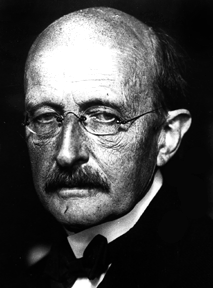Picture of Max Planck
Courtesy UPI/Bettmann
Max Planck
Max Planck was a German physicist who lived between 1858-1947. His theories revolutionized our understanding of atomic processes and originated the field of quantum physics, which studies energy inside atoms.
Planck's study of radiant energy, such as light, showed that energy is quantized, meaning it can't be infinitely small. This result was later used by Einstein when he developed his theory of relativity.
Planck believed that the physical universe exists independently of humans and that we have no control over the laws of nature. He claimed that we can observe and try to understand such laws, but we can't change them.
You might also be interested in:

What types of instructional experiences help K-8 students learn science with understanding? What do science educators teachers, teacher leaders, science specialists, professional development staff, curriculum designers, school administrators need to know to create and support such experiences?
...more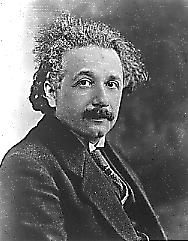
Albert Einstein was a German physicist who lived between 1879-1955. His special and general theories of relativity, theory of Brownian motion, work in quantum physics, statistical mechanics, and on the
...more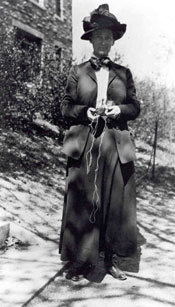
Florence Bascom (1862-1945) was one of the first female geologists in the United States and her colleagues regarded her as one of the nation’s most important geologists. In 1896 she was the first woman
...more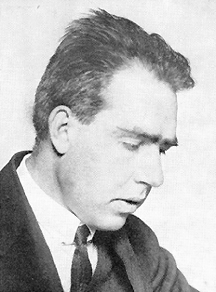
Niels Bohr was a Danish physicist who lived between 1885-1962. He investigated atomic structure, modifying Rutherford's old model of an atom by confining electrons to orbits of specific radii. Bohr also
...more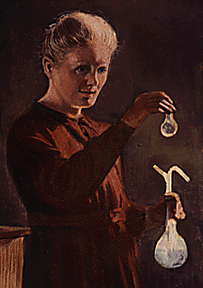
Marie Curie was a physicist and chemist who lived between 1867-1934. She contributed greatly to our understanding of radioactivity and the effects of x-rays. She was born Maria Skłodowska in Warsaw,
...more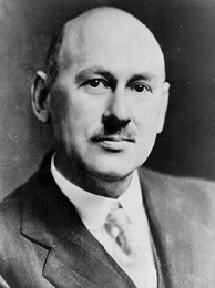
Robert Goddard was an American physicist who lived between 1882-1945. He was a pioneer of modern rocketry who discovered that liquid fuel is more efficient than solid fuel. Although Goddard's first rocket
...more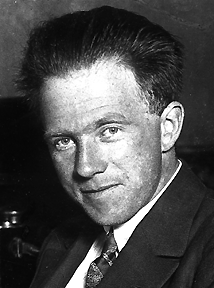
Werner Heisenberg was a German physicist who lived between 1901-1976. He developed new theories in quantum mechanics which agreed with the results of previous experiments. Heisenberg is most famous for
...more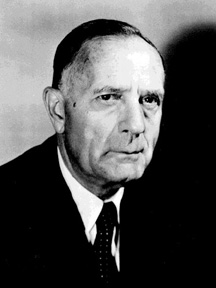
Edwin Hubble was an American astronomer who lived between 1889-1953. He studied law at Oxford under a Rhodes scholarship before deciding on a career as an astronomer. This career eventually led to cosmology.
...more
